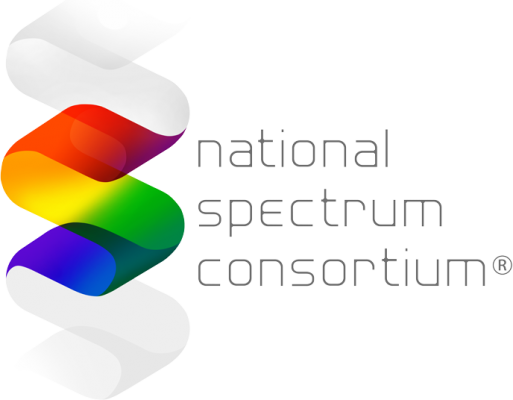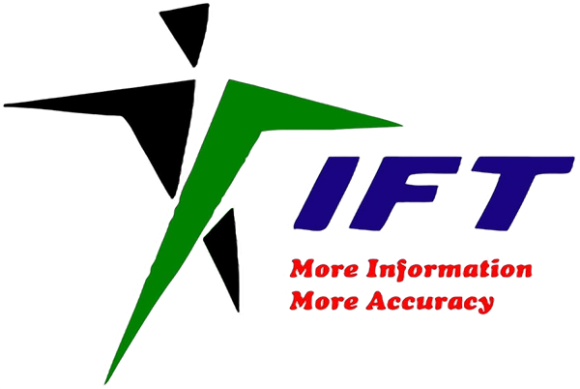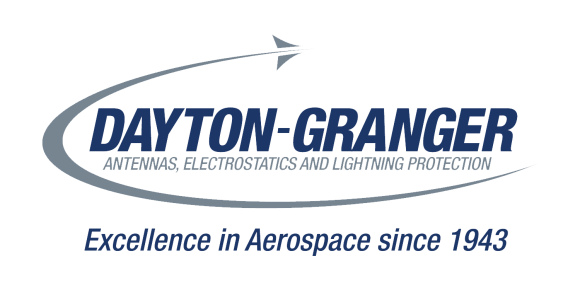Agenda
• Welcome (5 minutes)
• Keynote (40 minutes)
• Panel session (1.5 hours)
• Invited Talks and Demo Presentation (or Paper session OR another Panel session) (1.5 hours)
• Wrap-up/Open Discussion (15 minutes)
The MILCOM Spectrum Workshop will focus on Pioneering the Future of Spectrum Sharing to enable national security and economic opportunity. This workshop will include a combination of keynote, panel, invited, and demo presentations and discussion. It will bring together multidisciplinary experts in the fields of electromagnetic spectrum and wireless communications, including engineering, technology, economics, and policy, to discuss current spectrum sharing challenges and opportunities. Spectrum is widely recognized as a critical and scarce resource that must be managed to be used efficiently and effectively. The recently released U.S. National Spectrum Strategy and Implementation Plan call for collaboration, including across public and private sectors, to address difficult issues, pioneer innovation, and achieve important societal goals for “economic opportunity and equity, climate stewardship, infrastructure rejuvenation, and national security.” This workshop will provide a forum for sharing insights and results on the current state and future prospects of spectrum sharing and its impact on the ability to meet these goals.
Discussion topics may include the influence of emerging technologies such as open and virtual networks, artificial intelligence, machine learning, and quantum computing; security and privacy issues; and economic, market, and societal concerns and solutions. Overall, the workshop aims to generate discussion around key opportunities to pioneer successful spectrum sharing of the future. What are important lessons learned, what worked well, what research is needed, and how best to leverage the opportunities?
Topics of Interest:
This workshop aims to provide a forum for industry, government, and academic and non-profit organizations to share ideas and new findings to innovate spectrum sharing. The workshop calls for papers and demos presenting results based on realistic deployment schemes and business models. Topics of the workshop include, but are not limited to:
• Dynamic spectrum sharing
• Spectrum access, sharing, coexistence, and utilization
• Decentralized spectrum sharing
• Spectrum sensing
• Testbeds
• Technical methods, designs, and processes
• Modeling and validation
• Information and coding theoretic techniques
• Edge intelligence, computing, and processing
• Use of emerging technologies (e.g., artificial intelligence and machine learning)
• Open-source initiatives (e.g., open radio access network)
• Privacy and security
• Collaboration across industry, government, and academic and non-profit organizations
• Implementation and use cases
• Policy and economic, market, and societal impacts
• Research and development
Rationale: There is a critical need for spectrum sharing techniques given the demand for spectrum for both public and private networks, especially beyond 5G. With very limited untapped spectrum, particularly at desirable frequencies with good propagation characteristics, dynamic spectrum sharing unlocks spectrum for 6G in a manner that is impossible with static allocation techniques. Indeed, spectrum sharing enables the promise of ultra-high performance, ultra-low latency 6G in a much more elegant fashion than any other mechanism known today.
Tentative Organizing Committee
1. Charles Clancy, CTO and SVP of MITRE
2. Carolyn A. Kahn, Distinguished Chief Spectrum Economist, MITRE
3. Venki Ramaswamy, Distinguished Scientist, MITRE
4. Sriram Vishwanath, University of Texas at Austin and MITRE
Short Bios of Organizers
Charles Clancy is a Senior Vice President at MITRE and General Manager of MITRE Labs. Over 4,000 MITRE Labs scientists, technologists, and engineers deliver deeply technical capabilities and solutions to the six federally funded R&D centers we operate on behalf of the U.S. government. They also conduct advanced research for MITRE’s other federal, non-profit, and private sector customers. In addition, Clancy serves as MITRE’s Chief Technology Officer, harnessing the company’s independent R&D program for public good and working to realize a future where emerging technology is democratic, sustainable, and equitable.
Carolyn Kahn serves as Distinguished Chief Spectrum Economist at The MITRE Corporation, where she works with multidisciplinary teams across government, industry, and non-profit organizations to help solve the most difficult spectrum problems for a safer world. She has made groundbreaking contributions by applying visionary ideas and economic principles to electromagnetic spectrum challenges to help optimize use of this critical national resource. She has served as a member of the Department of Commerce Spectrum Management Advisory Committee since 2016.
Venkatesh Ramaswamy is Distinguished Chief Technologist at MITRE Labs in Bedford, Massachusetts where he currently leads technical innovation and R&D activities in 5G/xG technologies. He has more than 20 years of experience in the telecommunications industry and has held technical leadership positions at top technology companies, startups and research labs. He has published more than 50 peer-reviewed publications and patents, served as a TPC member for various conferences, and participated in several technical panels. He received his PhD in Electrical Engineering from the University of Mississippi.
Sriram Vishwanath is a Professor in the Electrical and Computer Engineering department at The University of Texas at Austin. He received his B.Tech. from the Indian Institute of Technology (IIT), Madras, M.S. from CalTech and his Ph.D. from Stanford University, all in electrical engineering. His research interests include information theory, wireless communications and coding theory. His industry experience includes work at the National Semiconductor Corporation, CA and at the Lucent Bell labs, NJ. He has won a NSF CAREER Award and the 2005 IEEE Joint IT/Comsoc Best Paper Award.



















